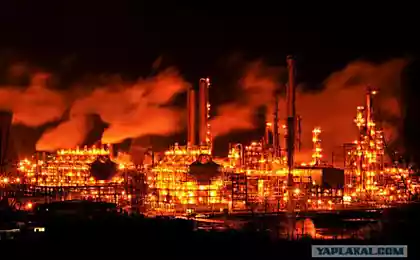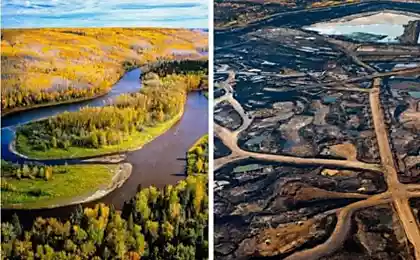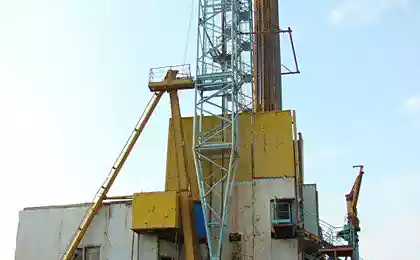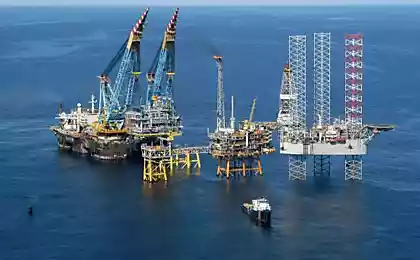436
Extraction of "dirty oil" and shale development - environmental aspect
The fundamental components of the US energy policy are the mining of oil shale and oil imports from Canada. Despite the fact that in North America all measures are taken to reduce emissions of greenhouse gases, their production is rapidly increasing, due to mining of oil shale and tar Sands.
Here already for many years for the United States and Canada, their energy cooperation is a strategic interest. Today 30% of oil imports in the U.S. accounted for Canada, with that figure continues to grow.
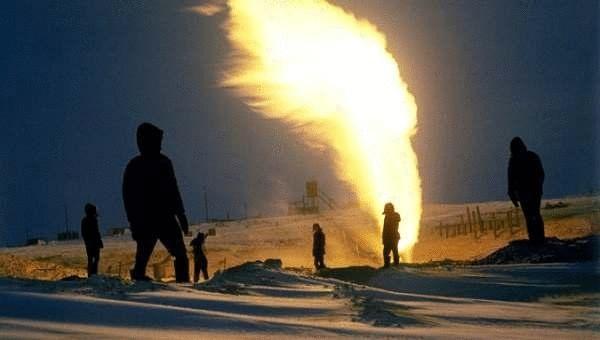
The extraction of resources in rational and irrational examples can be assessed during the games. Modern strategy PC include processes such as gathering materials for building houses, towers, farms, as well as resources that are used in the form of food and fuel. So even children can evaluate how you can mindlessly spend available wealth at the beginning, and where it may eventually lead.
The oil extracted from tar Sands, also referred to as "dirty oil." According to estimates of scientists at Stanford University, 23% of greenhouse gas emissions falls on "dirty oil". If the production of this flammable liquid to increase to 2035, we can expect a threefold increase in emissions, which is confirmed by researchers the Canadian Institute for energy studies.
Currently, the energy sector is the main source of environmental pollution. Performance in this segment even surpassed the transportation industry. It was determined that in 2012, 25% of industrial greenhouse gas emissions of Canada had oil and gas production.
Naturally, the canadian government is not going to reduce volumes of production and export of "dirty oil", however, canadian experts over the last few years not stop talking about the environmental side of the issue. So, in Alberta plan to begin construction of underground facilities for storage of greenhouse gases, for which it was given 130 million dollars.
Thus, with the increase in oil production also will increase costs that should be allocated to emissions restrictions and the establishment of the aforementioned complexes. This will contribute to the increase of the unit cost of oil production, which makes the concept of "environmental tax" is much more urgent.
Also serious things with the development of shale in the United States. The "shale revolution" was accompanied by worsening environmental problems. In the US, shale oil is becoming more of a problem from the point of view of sustainability.
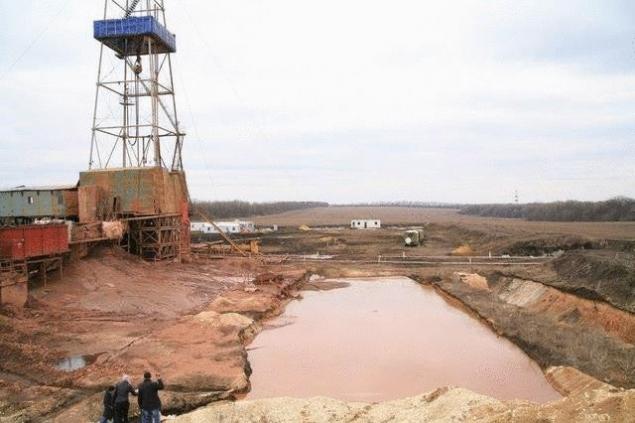
For example, according to research by the Geological service of the country in some States, the oil and gas shale provokes continuous earthquake.
It is worth noting that some greenhouse gas emissions associated with shale gas locations. So, this year in Colorado was introduced the legislative limit on the emission of methane subsequently the industrial development of shale locations.
Industrial oil production and oil shale development pose a great risk to the environmental component countries.
In an effort to achieve "energy independence", the authorities increase the volume of industrial works, however, such "independence" may remain illusory.
Thus, the United States hitherto could not do without middle Eastern oil imports, and the tremendous industrial activity causes pollution of soil, groundwater and atmosphere.
Source: zeleneet.com
